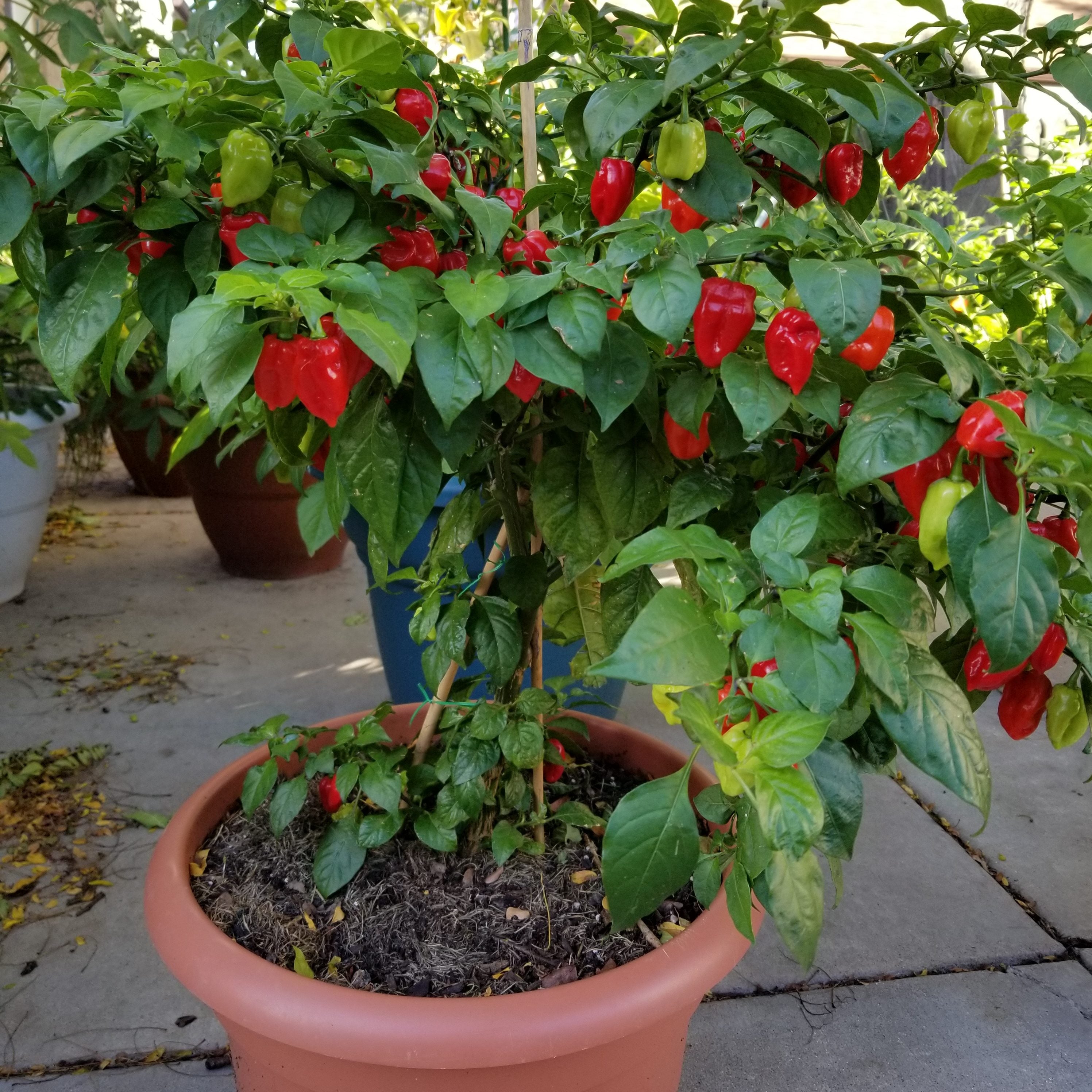The Ultimate Guide to Fertilizing Peppers: Enhancing Growth and Taste Normally
As pepper fanatics seek to cultivate robust plants generating delicious fruits, the role of fertilization ends up being vital in achieving these objectives. By discovering the benefits of all-natural fertilizers, opening the secrets behind pepper plant nutrient needs, and diving into the world of organic plant food choices, a world of opportunities arises for improving the vitality and flavor account of these cherished plants.
Benefits of All-natural Fertilizers
Natural plant foods provide a variety of advantages that add to the overall health and wellness and efficiency of pepper plants. By enhancing the soil with natural issue, such as compost or manure, all-natural plant foods improve its water retention capability and nutrient-holding abilities, developing a more welcoming setting for pepper plants to thrive in.
Additionally, all-natural fertilizers support a varied and energetic soil microbiome, cultivating beneficial microbial activity that helps in nutrient recycling and uptake by the plants. This microbial task can help reduce harmful pathogens and diseases, decreasing the requirement for chemical interventions. In addition, all-natural fertilizers advertise lasting dirt wellness by maintaining a balanced ecosystem underground, which in turn sustains the total health and wellness and resilience of pepper plants above ground.
Understanding Pepper Plant Nutrient Demands
Having actually established the benefits of natural plant foods in improving soil health and advertising microbial activity, the focus now moves to comprehending the particular nutrient requirements essential for ideal growth and taste in pepper plants.

Understanding the specific nutrient demands of pepper plants is crucial for accomplishing bountiful harvests with excellent taste. By providing the ideal balance of nutrients with organic plant foods or soil modifications, growers can make certain healthy, strenuous plants that create flavorful peppers throughout the expanding period.
Organic Fertilizer Options for Peppers
In enhancing the development and taste of pepper plants, selecting the suitable natural plant foods is an essential consideration. Organic plant foods supply a natural and sustainable means to nourish pepper plants without introducing damaging chemicals to the dirt and atmosphere.
An additional reliable organic plant food for peppers is aged manure. Rich in potassium, nitrogen, and phosphorus, aged manure provides a balanced nutrient mix that supports energetic development and plentiful fruit manufacturing (best fertilizers for peppers). It is necessary to use well-aged manure to stop shedding the plants with excess ammonia
Fish solution is a fast-acting organic plant food that provides pepper plants with a fast increase of nutrients. Originated from fish waste, this fertilizer is high in nitrogen, making it especially helpful throughout the onset of pepper plant growth. Fish emulsion is simple to apply and is easily taken in by the plants, promoting healthy and balanced foliage and solid root advancement.
When selecting an organic fertilizer for peppers, take into consideration the details nutrient needs of your plants and choose useful source choices that straighten with your gardening techniques and values.
Ideal Practices for Feeding Pepper Plants
Taking into consideration the value of picking ideal organic plant foods for pepper plants, applying finest methods for fertilizing is essential to ensure optimum development and taste growth. It is also essential to feed pepper plants at the right time, usually prior to growing and throughout vital development phases such as flowering and fruit development.
Another important method is to stay clear of over-fertilization, as this can lead to nutrient discrepancies, stunted growth, and even plant damage (best fertilizers for peppers). Complying with suggested dose instructions and not exceeding them is vital for the overall health of the pepper plants. Additionally, incorporating raw material right into the dirt via compost or mulching can aid boost dirt framework, water retention, and nutrient availability, promoting healthier pepper plants with boosted taste accounts. By adhering to these finest techniques, you can successfully nurture your pepper plants and achieve plentiful harvests with exceptional taste and quality.
Troubleshooting Common Fertilizing Issues

pH inequality is an additional problem that can affect nutrient uptake in pepper plants. When the dirt pH is too that site expensive or too reduced, particular nutrients end up being inaccessible to the plants. Consistently evaluating the dirt pH and making adjustments utilizing natural modifications can help maintain an appropriate pH level for optimal plant growth. Inconsistent fertilization methods can lead to irregular development and fruit growth. Establishing a regular fertilization schedule and complying with suggested application rates can assist avoid this problem and make certain healthy and balanced pepper plants throughout the expanding period.
Verdict
Finally, utilizing natural fertilizers can substantially enhance the growth and flavor of pepper plants. By understanding the nutrient needs of pepper plants and picking natural fertilizer choices, gardeners can properly advertise healthy and balanced and energetic development. Complying with best techniques for feeding pepper plants and fixing common fertilizing problems can help guarantee successful cultivation of peppers. On the whole, appropriate fertilization strategies are crucial for making best use of the return and high quality of pepper crops.
By exploring the benefits of all-natural plant foods, unlocking the keys behind pepper plant nutrient needs, and delving right into why not try here the world of natural fertilizer alternatives, a world of opportunities arises for enhancing the vigor and taste profile of these precious plants.Fish emulsion is a fast-acting organic plant food that supplies pepper plants with a quick increase of nutrients. It is additionally crucial to fertilize pepper plants at the best time, normally prior to planting and during crucial development phases such as blooming and fruit growth.
By comprehending the nutrient demands of pepper plants and picking natural plant food options, gardeners can successfully advertise healthy and vigorous growth. Adhering to ideal practices for fertilizing pepper plants and troubleshooting typical fertilization problems can aid ensure successful growing of peppers.